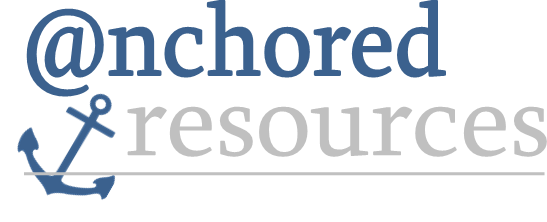Why myBible?
 The gift of God’s Word to mankind is the greatest treasure we have. We need His Word to illuminate our minds to reality, to show us the way to salvation, to strengthen and sustain us, to purify us and help us to grow spiritually, to protect us from evil, and to help us press on to the end. Ultimately, the Word is God’s revelation of Himself to us (both in writing and in the flesh of His Son Jesus). It carries the power and perfections of its writer, the Holy Spirit. Christ Himself relied upon the Word during His ministry. Can we do any less?
The gift of God’s Word to mankind is the greatest treasure we have. We need His Word to illuminate our minds to reality, to show us the way to salvation, to strengthen and sustain us, to purify us and help us to grow spiritually, to protect us from evil, and to help us press on to the end. Ultimately, the Word is God’s revelation of Himself to us (both in writing and in the flesh of His Son Jesus). It carries the power and perfections of its writer, the Holy Spirit. Christ Himself relied upon the Word during His ministry. Can we do any less?
We have an opportunity to grow in our love and appreciation for the Word and our understanding of many of the issues that face us concerning the Word of God in our day. It seems that each generation faces new challenges concerning the Word. Our day is no different. Some of my goals for this study include:
- Increasing our Biblical Literacy;
- Building a coherent confidence in the inspiration and inerrancy of the Word of God and be able to share and express the reasons for our confidence with others;
- Increasing our appreciation for the availability of God’s Word in our own language;
- Growing in our love for the Word through study, meditation, memorization, and application;
- Improving our ability to meaningfully read and comprehend Scriptures; and
- Understanding the history and key issues surrounding English Bible translations and enable you to make an intelligent choice about what version(s) are sound translations and how and when they should each be used.
Overview
There are five broad topics covered during this series. They are listed below, along with the corresponding lesson downloads, handouts (both with and without answers), and the PowerPoint presentation. Apart from the last lesson on Contemporary English Versions of the Bible, this is an original study, based upon several resources I have found useful over the years.
- Structure & Organization of the Bible (What is the Bible? How is it organized?)
- This lesson was taught during two sessions. Therefore, separate handouts were used for small group discussions at the conclusion of each lesson.
- Lesson
- PowerPoint Presentation
- Handout 1
- Handout 2
- Inspiration of the Bible (Is it really written by God? What is it good for?)
- Canonization of the Bible (How did they know what books to put in the Bible?)
- Transmission of the Bible (How was the Bible passed on over time?)
- Translation of the Bible up to the King James Version (When was the first Bible translation? What is the history of English Bible translations)
- Contemporary Translations of the English Bible (Why are there so many translations? Which ones are good?) – Note: This lesson is from another series I based upon the book entitled, How to Read the Bible for All Its Worth, by Gordon Fee and Douglas Stuart.
